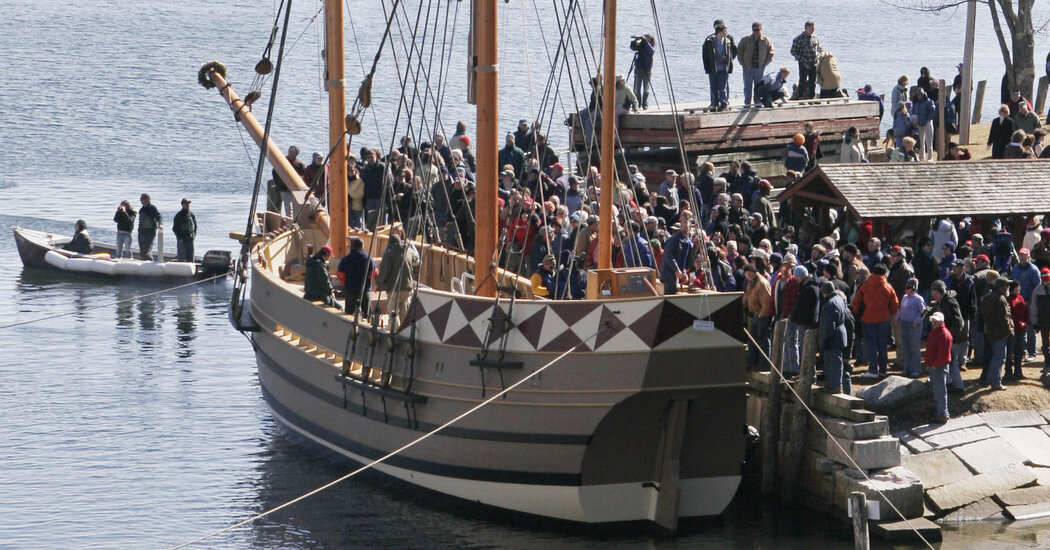Significant Budget Cuts Threaten Community Programs Across Oklahoma
Oklahoma Humanities, a key organization dedicated to promoting cultural projects throughout the state, is facing severe budget reductions that could undermine its mission and services. The executive director, Caroline Lowery, has revealed that approximately 75% of the organization’s annual budget—near $1 million—comes from state operational support. With these funds, Oklahoma Humanities initiates numerous projects serving all 77 counties, many of which are rural and underserved.
Widespread Implications of Funding Cuts
Lowery expressed grave concerns about the immediate and far-reaching consequences of these budget cuts. “The impact will be devastating statewide,” she stated, highlighting the potential disruption of programs aimed at assisting veterans and rural communities.
Notable projects facilitated by Oklahoma Humanities include:
- An oral history initiative capturing the experiences of survivors of the 1921 Tulsa race massacre.
- A project dedicated to digitizing archives related to the 1995 Oklahoma City federal building bombing.
Lowery emphasized the critical role her organization plays in preserving Oklahoma’s historical narratives, stating, “Our history will literally be lost. We are the stopgap. We are the institution that is making sure Oklahoma’s stories are preserved.”
Effects on Veteran Programs in the Northeast
In addition to the challenges faced by Oklahoma Humanities, funding cancellations are impacting veteran support programs in Massachusetts and Rhode Island. Mark Santow, founder of the Providence Clemente Veterans’ Initiative, reported that a significant two-year grant of $99,000 has been canceled, with $18,000 still outstanding. This situation raises concerns about funding from Rhode Island’s state council, which is also at risk, jeopardizing upcoming activities.
Upcoming engagements, such as educational field trips to Civil War battlefields, remain uncertain, according to Santow. “As always, the vets in our community will quietly bear the burden of these ill-considered decisions,” he remarked, underscoring the gravity of these funding decisions.
Conclusion
The potential withdrawal of financial support for organizations like Oklahoma Humanities and the Providence Clemente Veterans’ Initiative signals a worrying trend for historical preservation and community assistance programs. As these organizations face challenging times, the stories and services they provide may be lost, impacting countless individuals across Oklahoma and beyond.


